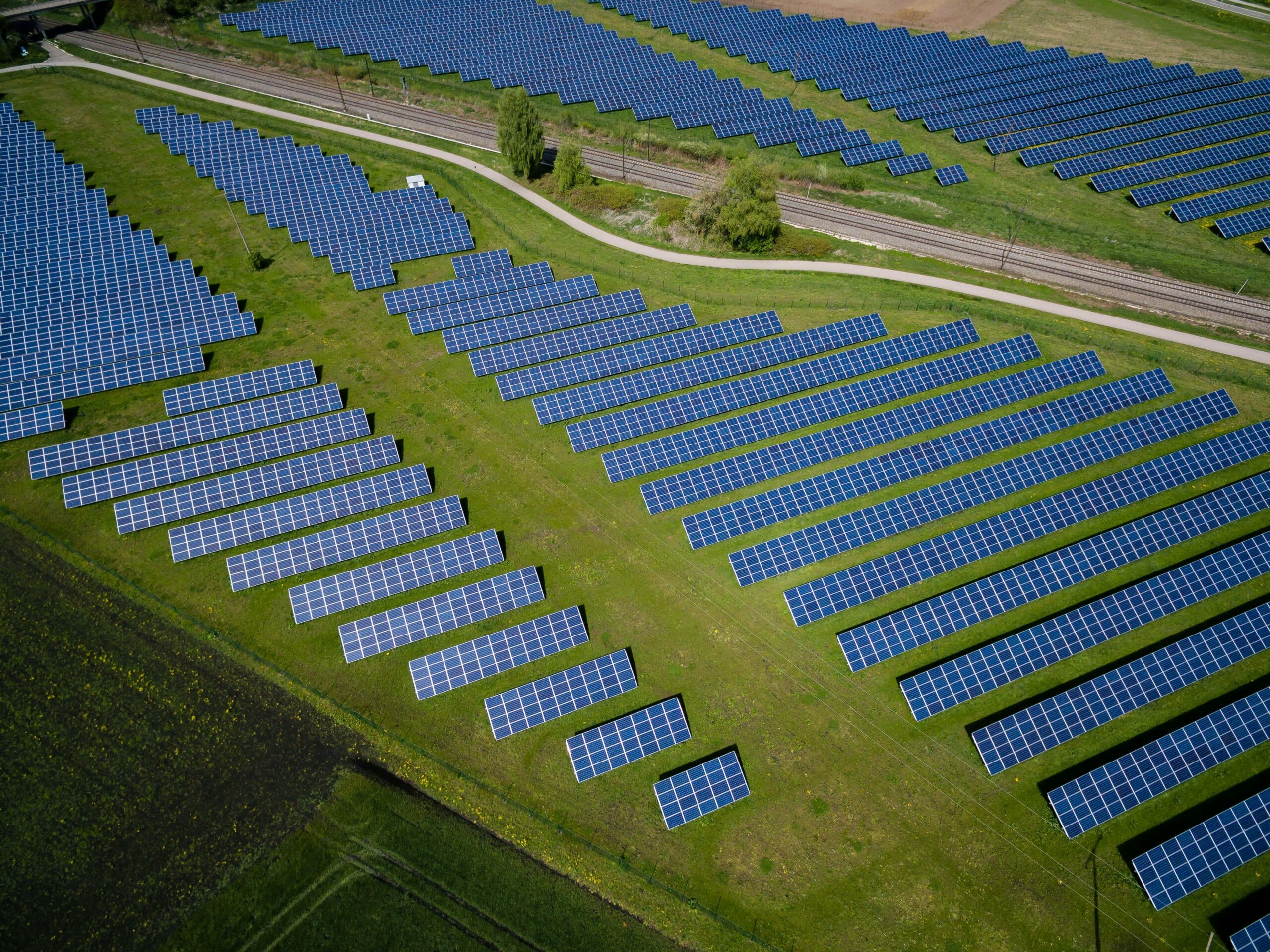The Role of Minerals in Renewable Energy
Renewable energy is gaining significant traction as the world seeks sustainable alternatives to traditional fossil fuels. This shift towards green technology is not only driven by environmental concerns but also by the need to reduce reliance on finite resources. However, what many people may not realize is that minerals play a crucial role in the development and success of renewable energy technologies.
Minerals for Solar Energy
One of the most widely recognized forms of renewable energy is solar power. Solar panels, which convert sunlight into electricity, rely on several minerals for their production. Silicon, for example, is a key component of photovoltaic cells, the building blocks of solar panels. Additionally, silver is used as a conductor in these cells, while indium and gallium are essential for thin-film solar panels.
Another mineral that is vital for solar energy is rare earth elements. These elements, such as neodymium and dysprosium, are used in the production of high-efficiency solar panels and wind turbines. Without these minerals, the efficiency and effectiveness of solar energy systems would be significantly reduced.
Minerals for Wind Energy
Wind energy is another important pillar of renewable energy. Wind turbines, which harness the power of wind to generate electricity, also rely on various minerals for their construction. Steel, which contains iron and other minerals, is used to build the turbine structure. Additionally, magnets made from rare earth elements like neodymium and dysprosium are crucial for generating electricity in the turbine.
Copper is another mineral that plays a vital role in wind energy. It is used in the production of the generator and transmission cables, ensuring efficient electricity transfer. Without these minerals, the production and efficiency of wind turbines would be severely impacted.
Minerals for Battery Storage
Battery storage is an essential component of renewable energy systems as it allows for the storage and distribution of electricity when the sun is not shining or the wind is not blowing. Minerals like lithium, cobalt, and nickel are critical for the production of rechargeable batteries used in renewable energy storage systems.
Lithium-ion batteries, in particular, have become the standard for energy storage due to their high energy density and long cycle life. These batteries are used in electric vehicles, residential and commercial energy storage systems, and grid-scale storage projects. Without the minerals necessary for battery production, the effectiveness and reliability of renewable energy storage would be greatly diminished.
The Importance of Responsible Mining
While minerals are essential for renewable energy technologies, it is crucial to ensure that their extraction and production are carried out responsibly. Mining operations must adhere to strict environmental and social standards to minimize the negative impacts on local communities and ecosystems.
Additionally, efforts should be made to reduce the reliance on rare earth elements and other scarce minerals by exploring alternative materials and technologies. Research and development in the field of renewable energy should focus on finding sustainable solutions that minimize the need for these minerals.
Conclusion
Minerals play a critical role in the development and success of renewable energy technologies. From solar panels to wind turbines and battery storage, various minerals are essential for their production and efficiency. However, it is important to ensure that the extraction and use of these minerals are done responsibly to minimize negative impacts. As the world continues to transition towards green technology, the importance of minerals in renewable energy cannot be overstated.




